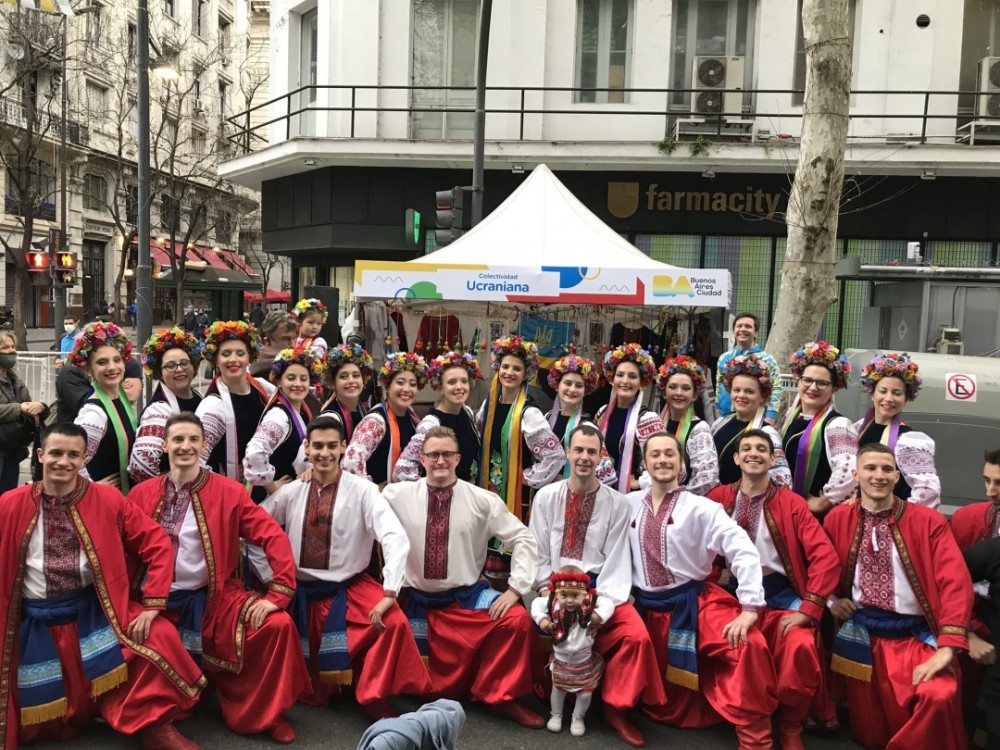
This paper discusses the function of the Ukrainian language in Argentina and Paraguay. Although there are studies that focus on describing the historical and ethnographic features of the Ukrainian diaspora in this region, there are no studies devoted to the analysis of speech. I collected oral narratives during a field study of Slavic communities in the region in 2015, and this allowed me to draw conclusions about the processes occurring in informants’ speech. I dis covered that the Ukrainian language used by descendants of the first and second waves of migration, living in the province of Misiones in Argentina and in the department of Itapúa in Paraguay, retains the traits of the pri mary dialect system of the South-Western dialect group of Galicia (Haly chy na). A large number of contact phenomena (borrowed lexemes, numerals, af firmative and negative particles, etc.) were recorded, as well as language stra tegies that typically accompany these phenomena. For example, reiteration stra tegy, meta lin guistic comments, and hesitations in choosing suitable words were all pre sent. The principle difficulty in the adoption of words borrowed from Spanish — particularly nouns — is gender affiliation. A characteristic common to all informants was the strategy of code-switching. An analysis of the functioning of toponyms revealed that place names preceded by prepositions remain indeclinable. Personal names remain an important identity marker for members of the Ukrainian diaspora and both Spanish and Ukrainian feature a distinction between onomastic spaces. The identity of speakers is also reflected in ethnonyms that have emerged in the new land of resettlement.
Source: Gleb P. Pilipenko (2018) The Ukrainian Language in Argentina and Paraguay as an Identity Marker. Slovene. International Journal of Slavic Studies. 7(1): 281-307
Source web-site: http://http://slovene.ru/2018_1_Pilipenko.pdf
Number of views: 2728